Mishearing
Gorilla Books, $25 pb, 90 pp
AfterLife
Puncher & Wattmann, $25 pb, 135 pp
‘The mind unzips’
Mishearing, David Musgrave’s latest, most experimental poetry collection, arose from deliberately generated ‘mishearings’ of poems he read into Microsoft Word’s 2003 in-built speech recognition software. The software was by default ‘trained’ to a North American accent. Musgrave didn’t reprogram to an Australian accent, held the microphone at changing distances from his mouth, occasionally smothered it, and introduced ambient noise to heighten the software’s mistranscription. He read from the work of various poets, ranging from Dorothea Mackellar to Seamus Heaney, and an extract from James Joyce’s Finnegans Wake. Making multiple readings of the same poem, Musgrave grabbed selected line transcriptions to construct each ‘misheard’ poem.
Well acquainted with Ferdinand de Saussure’s study of anagrams in several poetries, in particular Saturnian verse, Musgrave also created anagrams from the original source titles. So, ‘Mackellar’s ‘My Country’ gets mashed to ‘Cymru Tony’, Judith Wright’s ‘Wildflower Plain’ becomes ‘Low Ripe Windfall’, and Les Murray’s ‘Spring Hail’ becomes ‘Lip Sharing’.
Musgrave explains this process in an opening academic essay, first published in the journal Text. The author draws from theorist–poets such as Louis Zukofsky and the late John Tranter to enunciate the etymology and multiple connotations of phonemes – broadly, distinct units of sound – and homophonic translation and their relation to mistranslation. Through this, he seeks to reveal ‘the probabilistic nature of certain sound patterns’, and address the question: ‘[C]an the phonemic patterning of a poem remain recognisable after homophonic translation effected by imperfect speech recognition?’
So much for what goes in. What comes out at the other end? Some readers may find only baffling strings of phrases that defy comprehension and, often, basic rules of grammar, leaving them confused or just plain bored by the incomprehensibility of it all. Others – likely those with an interest in formally experimental or surrealist poetries, or who are at least prepared to do some homework – will find an assemblage brimming with play and revel in what Michael Sharkey, reviewing Musgrave’s vers libre collection Anatomy of Voice (2016), a forerunner to the present volume, called Musgrave’s ‘learned obliquity’.
To give a taste of what emerges, the lines ‘I was back in an old / rutted cart road’ in Heaney’s ‘To Pablo Neruda in Tamlaghtduff’ become, under Musgrave–Microsoft rehashing, ‘Dollars / back in an old market cap right;)’; and lines from Murray’s ‘Spring Hail’ that read ‘and this I picked up and ate till I was filled. // I sat on a log then, listening …’ become ‘When you choose to run / these are still loves to offset the loan industry.’ As Musgrave notes in his essay, there emerges throughout a prevalence of ‘proper nouns and language relating to economic activity in the misheard version, suggestive of some generalised pecuniary anxieties or preoccupations’.
Notable also is how, despite puréed words, lines, and stanza breaks, the original rhythm often survives mistranslation, and assonance, consonance, and slant rhyme endure. The results can be downright funny. W.B. Yeats’s wonderful lines ‘Things fall apart; the centre cannot hold; / Mere anarchy is loosed upon the world’ are mistranslated – or, bastardised – as ‘Are things falling into the city? / He cannot hold Munich. / He’s the one that will not be entirely slow, used in every way ...’
Mackellar’s much-parodied paean to colonial Australia, ‘My Country’, gets a new working over, where Mackellar’s lines ‘An opal-hearted country, / A wilful, lavish land’ are comically mangled to ‘Guy is an idler, had a country, / the title country will fall / on average land’.
This virtuosic collection rounds off with a shorter essay on voice and myth. Along with the opening essay, this should provide riches to those valuing immersion in poetics and literary and linguistic theory.
Frustratingly, many source poems go unidentified – the preface implies that Musgrave himself may no longer recall these. Nonetheless, there is plenty to engage with throughout in poems at once anarchic yet circumscribed by Musgrave’s delightfully inventive use of retro technology.
The title poem of Kathryn Lomer’s fourth collection, AfterLife, includes the lines ‘With food for the afterlife, // the loved would live on, / joining the throng of immortals’. A quasi-ekphrastic poem responding to an ancient Egyptian bowl with aquatic decoration, it expands into a profound and nimble meditation on the big stuff of life, death, loss, creation, and the passage of time, without lapsing into sentimentality or overcooked symbolism. The same can be said of this excellent collection as a whole.
AfterLife, Lomer’s fourth poetry collection, is a very different beast from Musgrave’s. While deploying occasional metapoetics and gentle soundings of form, the main undertaking here is to explore connotations of ‘afterlife’, particularly as regards loss triggered by death or, more often, lost love. In the excellent poem ‘The river tells a story’, we’re told, ‘I find metaphors everywhere, of course, / but that’s not why I’ve come’. Subsequently, four teal ducks are ‘unzipping’ the Derwent:
My mind unzips like this whenever I think about you. Which is still too often.
Loss: it sounds like something small and smooth, a pebble, say, to keepin your pocket, a lozenge to hold on your tongue. It isn’t.
The afterlife meshes past, present, and future. It can connote the aftermath of trauma, but also new life. ‘History weighs into the present’, we learn in the opening poem ‘A hummingbird in Italy’, while, in ‘Boy learning the juggle with lemons’, the eponymous boy, who ‘marries three spinning spheres / in a flurry of physics and human adaptation’ will soon be ‘whirling into the future, // down that long unpredictable road, / so many balls in the air’.
The collection is divided into five parts, each named for a key poem within. Ekphrasis operates in many poems – arising variously from contemporary art to ancient museum artefacts in Lomer’s native Tasmania – while science and the natural world offer conceptual and corporeal matter to explore.
Nature invariably interweaves with the personal, provisioning both pain and exhilaration, often simultaneously. We’re told in the simple, poignant poem ‘The glass frog’: ‘I wish I’d known sooner about the glass frog, / that something so transparent and crushable / lives extravagantly in the midst of lush life’. Thus, in AfterLife, Lomer continues the sensual immersion in the natural world found in her previous collections. Yet while nature provides a balm for the griefs and losses conveyed, the poet neatly sidesteps daffy New Age consolation.
Lomer has a clear-sighted and wry appreciation of our place in evolution – as individuals and as a species. ‘What a playful outcome are humans’, she writes in ‘Earthing’. Of musicians in ‘Musicophilia’, the poet asks ‘How did these assemblages of carbon / find things not clearly constructed by evolution.’ Refreshingly droll, the poem continues: ‘I mean, what is music for? / Okay, it’s clear a good song will get you laid – / just ask the Beatles, or Nick Cave – / but is that all?’
Written mostly in free verse with occasional forays into rhyme, AfterLife is an elegant, beautifully cadenced collection that addresses major themes with economy and grace. Its concerns – our modest occupation of time and space, consolation without false comforts – are well summarised in one of the collection’s finest poems, ‘A paean to bones’:
Don’t think evolution has done with us yet.
The book wants me to play a game,
throw a dice to live or die.
I’m already playing it. And I’m not winning.
But the game. The game is really something.



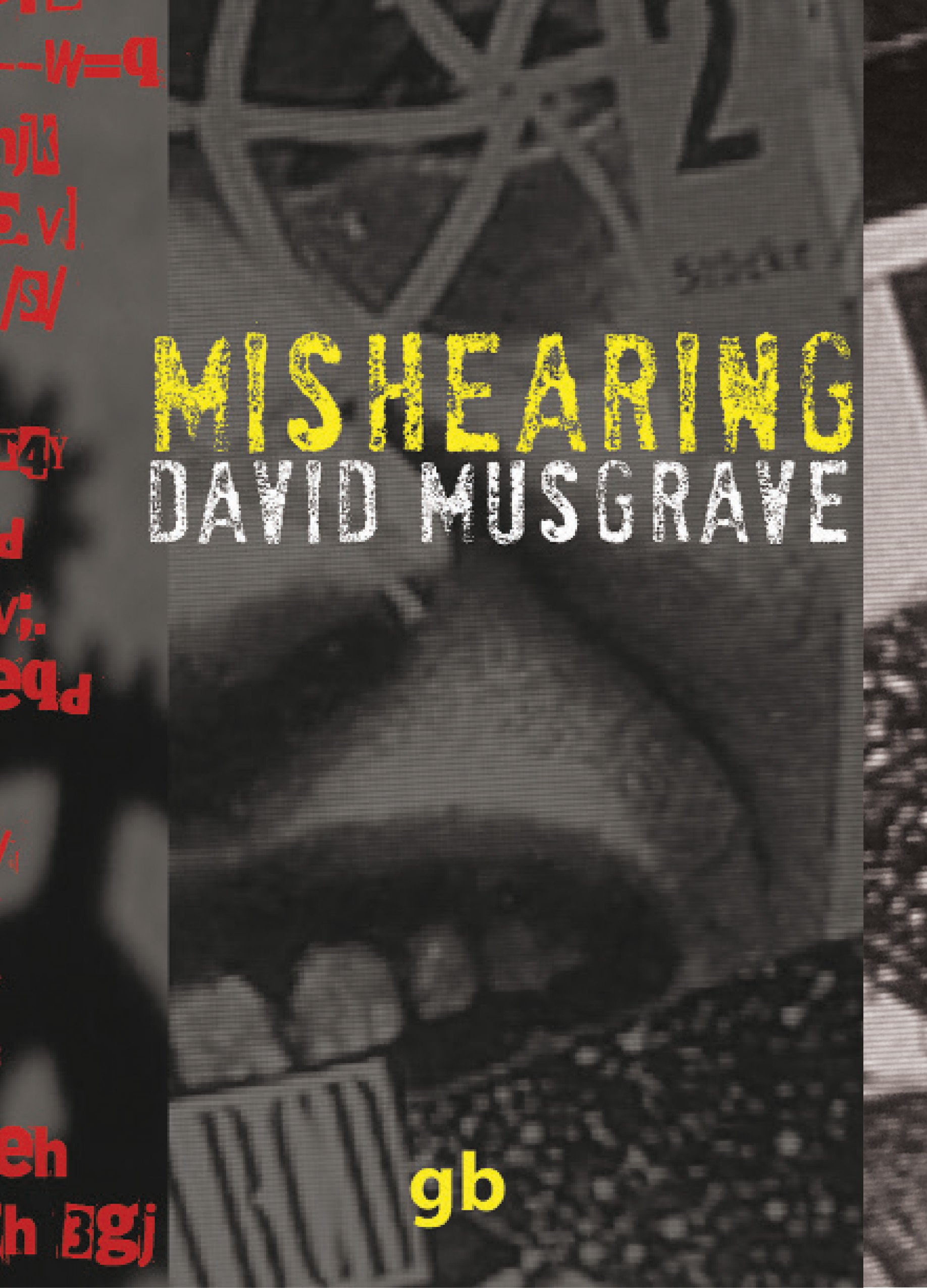
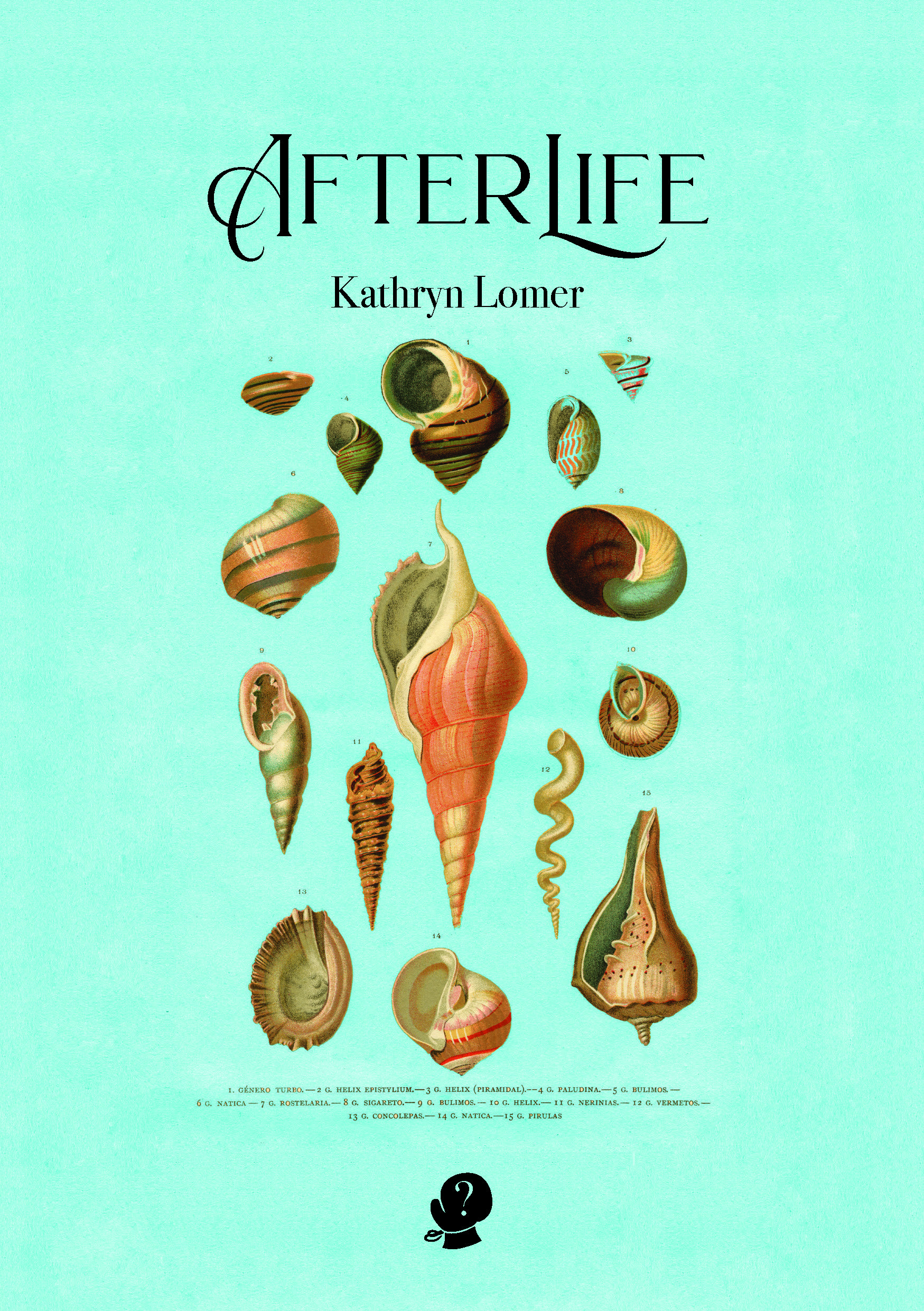




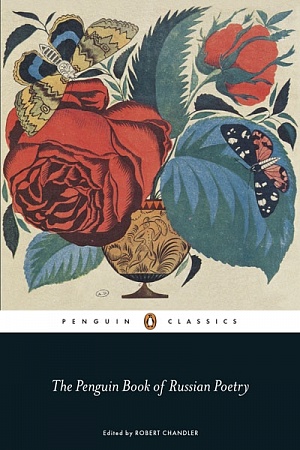
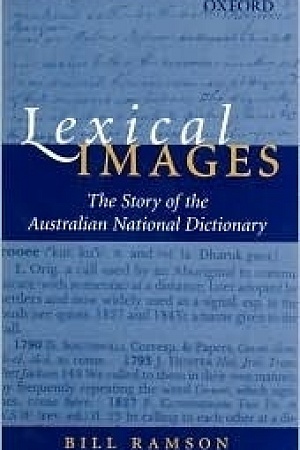
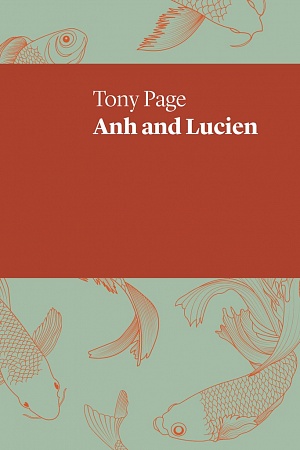
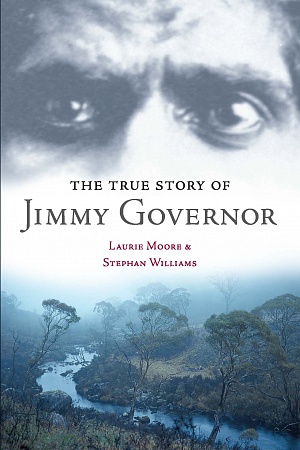




Leave a comment
If you are an ABR subscriber, you will need to sign in to post a comment.
If you have forgotten your sign in details, or if you receive an error message when trying to submit your comment, please email your comment (and the name of the article to which it relates) to ABR Comments. We will review your comment and, subject to approval, we will post it under your name.
Please note that all comments must be approved by ABR and comply with our Terms & Conditions.